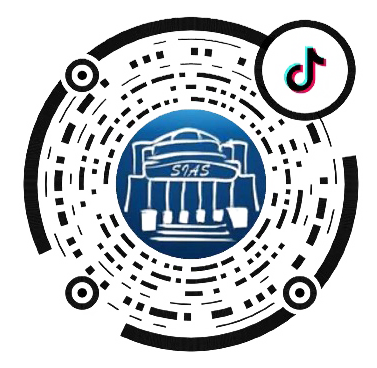
Sias News
Share to:




Scan QR code to view
News
-

June 13, 2025
Dr. Shawn Chen, Founder and Chairman of Sias University, Visits the University of Mauritius and Attends the IAUP Conference in South Africa -
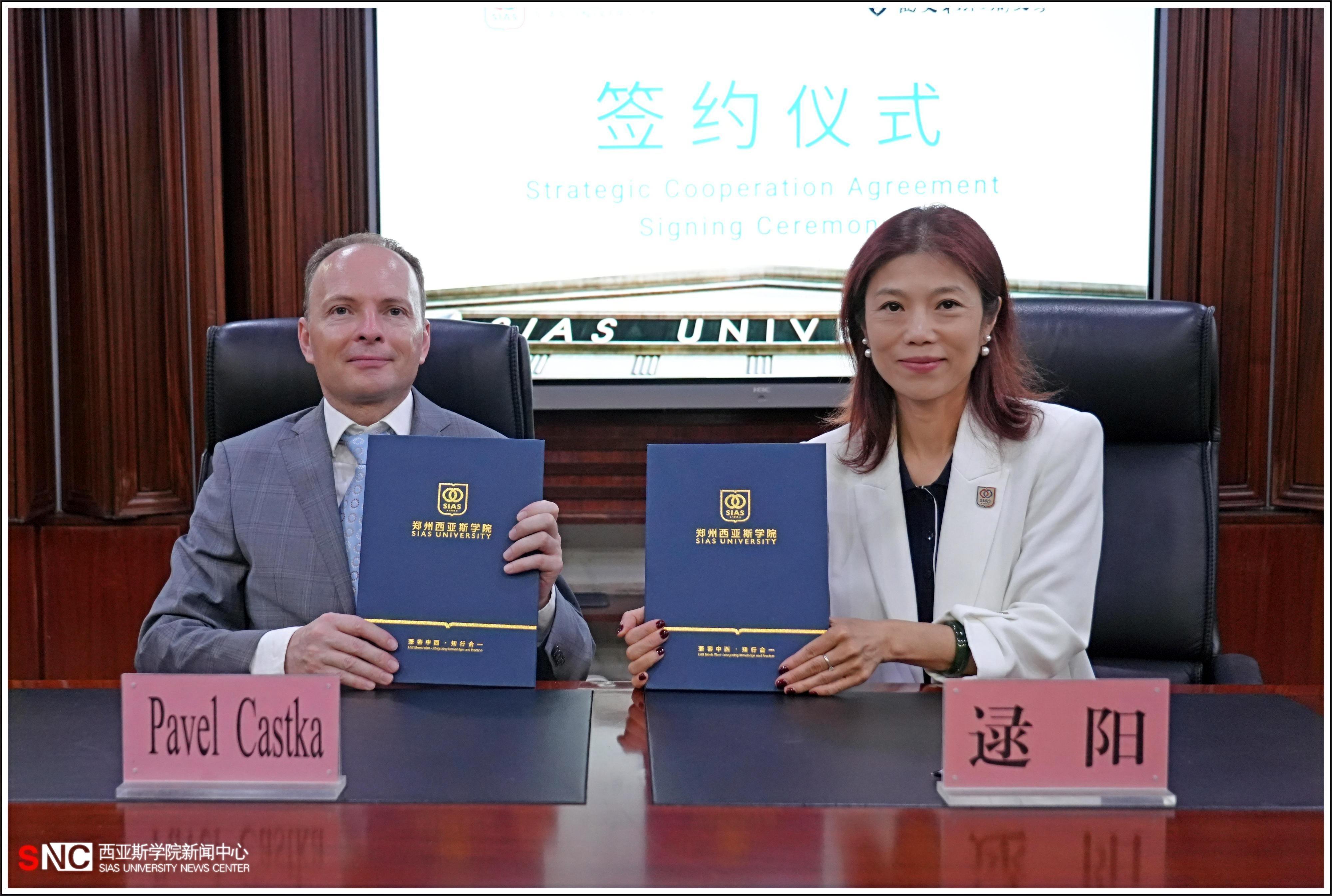
June 9, 2025
Strategic Cooperation Agreement Signed Between Sias and Xi'an Jiaotong-Liverpool University -
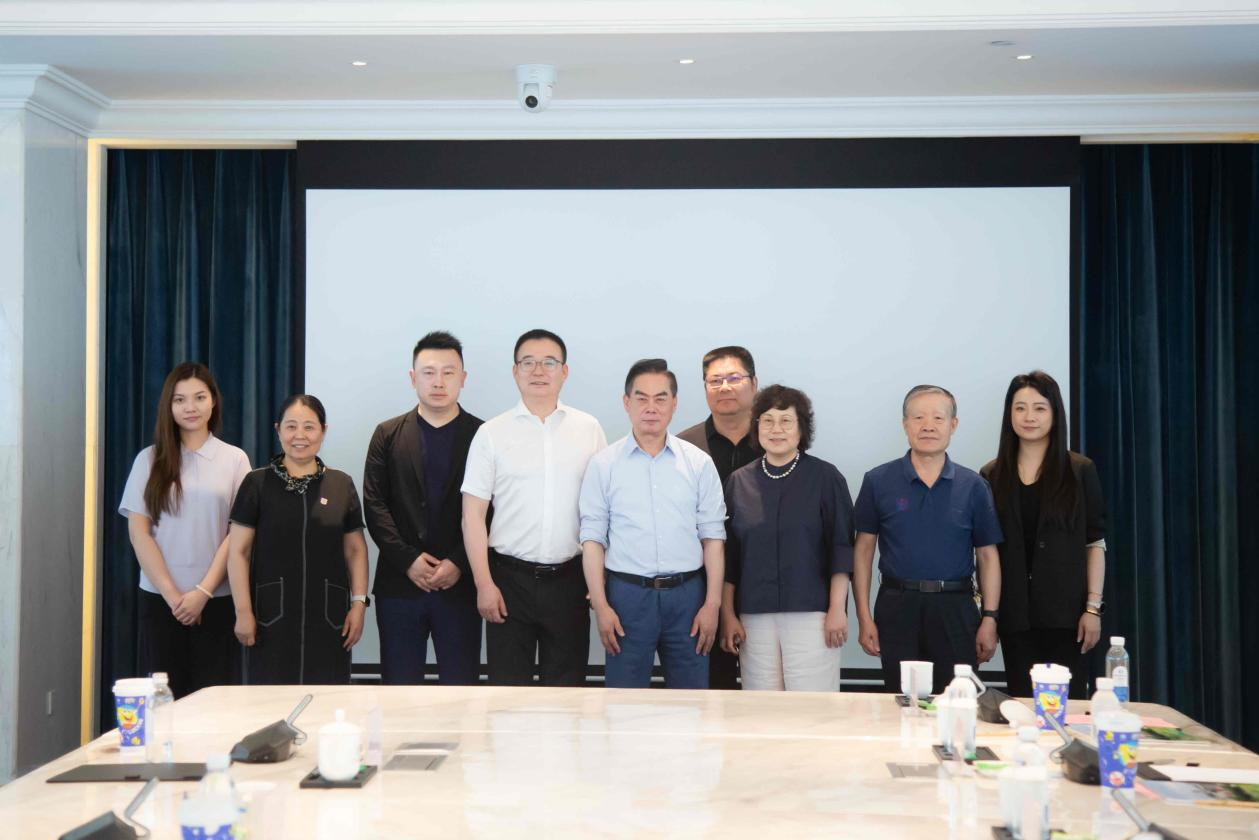
June 5, 2025
CCTV Industry Development Co., Ltd. and Sias University Explore New Pathways for School-Enterprise Cooperation -

May 29, 2025
Sias School of Journalism & Communication, Photography Department, Held the First Graduate Exhibition
Videos
-
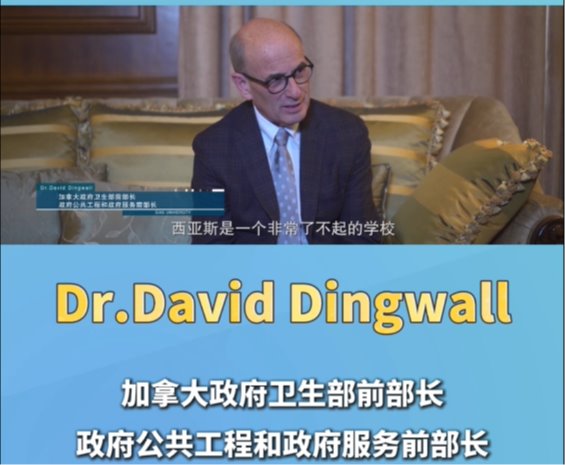
June 20, 2025
“International Figures'Impression of Sias”--David Dingwall -
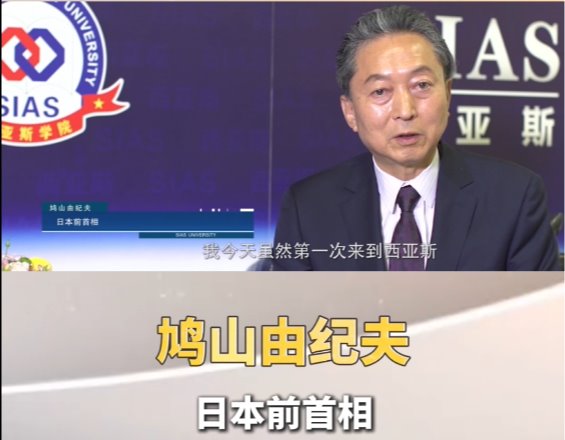
June 19, 2025
“International Figures'Impression of Sias”--Hatoyama Yukio -

June 19, 2025
“International Figures'Impression of Sias”--Megyessy Peter -
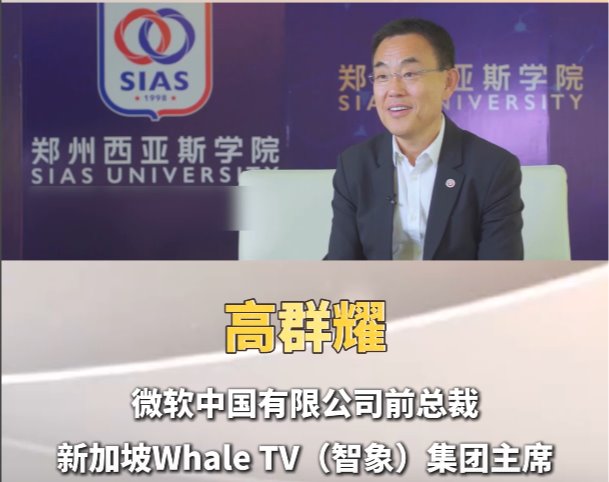
June 19, 2025
“International Figures'Impression of Sias”--Gao Qunyao






